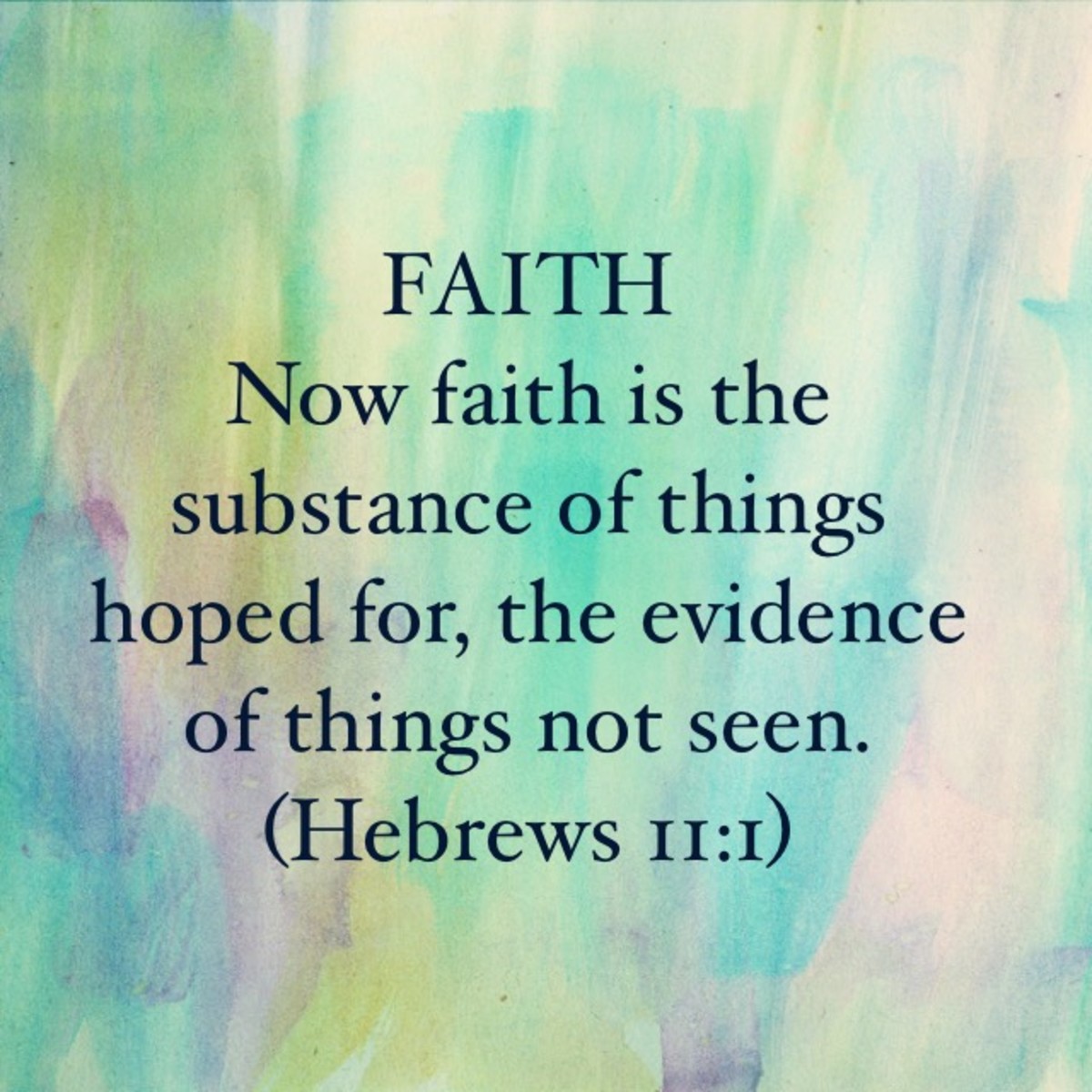
Faith definition takes center stage as we embark on an exploration of its multifaceted nature. From the depths of religious traditions to the realms of personal conviction, faith serves as a beacon, shaping beliefs, guiding actions, and fostering a sense of purpose and meaning.
Throughout history, faith has been a catalyst for profound transformations, inspiring artistic masterpieces, scientific discoveries, and social movements. It is a force that transcends cultural boundaries, uniting individuals in shared values and aspirations. Yet, amidst its undeniable power, faith also invites scrutiny, prompting us to question its origins, its expressions, and its relationship with reason and doubt.
Definition and Origins
Faith is a complex and multifaceted concept that has been defined in various ways across different religions and belief systems. In general, faith can be understood as a belief in something without concrete evidence or proof. It is a trust or confidence in a particular idea, person, or deity.
The historical and cultural contexts in which faith has developed have significantly shaped its meaning and significance.
Types and Expressions of Faith
There are different types of faith, including religious faith, spiritual faith, and personal faith. Religious faith involves belief in a particular religious doctrine or set of beliefs, while spiritual faith is a more general sense of trust in a higher power or the universe.
Personal faith, on the other hand, refers to an individual’s belief in themselves or their own abilities.
Faith can be expressed through rituals, practices, and daily life. Religious rituals, such as prayer, meditation, and pilgrimage, are common ways of expressing faith. Faith can also be expressed through acts of kindness, compassion, and service to others.
The Role of Faith in Belief Systems
Faith plays a crucial role in shaping religious and spiritual beliefs. It provides a foundation for understanding the world and one’s place within it. Faith influences moral values, ethical decision-making, and worldview. For many people, faith offers a sense of purpose, meaning, and hope.
Faith and Reason: Faith Definition
The relationship between faith and reason has been a subject of debate for centuries. Some argue that faith and reason are incompatible, while others believe they can coexist and complement each other. Faith is based on belief without concrete evidence, while reason relies on logical thinking and empirical evidence.
However, both faith and reason can be important in forming beliefs and guiding actions.
Faith and Doubt
Doubt is a natural part of faith. It can challenge and strengthen faith, leading to spiritual growth. Doubt can arise from personal experiences, intellectual inquiry, or exposure to different perspectives. Dealing with doubt can involve seeking answers, engaging in dialogue, and reflecting on one’s beliefs.
Faith and Science

The relationship between faith and science is complex and multifaceted. Some see them as incompatible, while others believe they can coexist and even complement each other. Faith provides a framework for understanding the world and one’s place within it, while science offers a method for investigating and explaining the natural world.
While there may be areas of conflict, faith and science can also lead to new insights and understanding.
Faith and Society
Faith has a significant impact on social and cultural norms. It can shape community values, ethical behavior, and interfaith dialogue. Religious institutions and organizations often play a role in providing social services, education, and community support. Faith can also be a source of conflict and division, especially when different belief systems come into contact.
Faith and the Individual
Having faith can provide personal benefits and challenges. Faith can offer a sense of meaning, purpose, and resilience in life. It can also provide a community and support system. However, faith can also be a source of doubt, conflict, and disappointment.
Ultimately, the personal experience of faith is unique to each individual.
Outcome Summary
In the tapestry of human experience, faith remains an enigmatic and enduring thread, weaving together our beliefs, our actions, and our understanding of the world around us. It is a concept that defies simple definition, yet its profound impact on our lives is undeniable.
As we continue to grapple with its complexities, may this exploration serve as a catalyst for deeper understanding and a renewed appreciation for the transformative power of faith.
Answers to Common Questions
What is the simplest definition of faith?
Faith is the acceptance of a belief or truth without empirical evidence.
How does faith differ from belief?
Belief is based on evidence or personal experience, while faith is based on trust or conviction.
Can faith be harmful?
Faith can be harmful when it leads to intolerance, discrimination, or violence.





